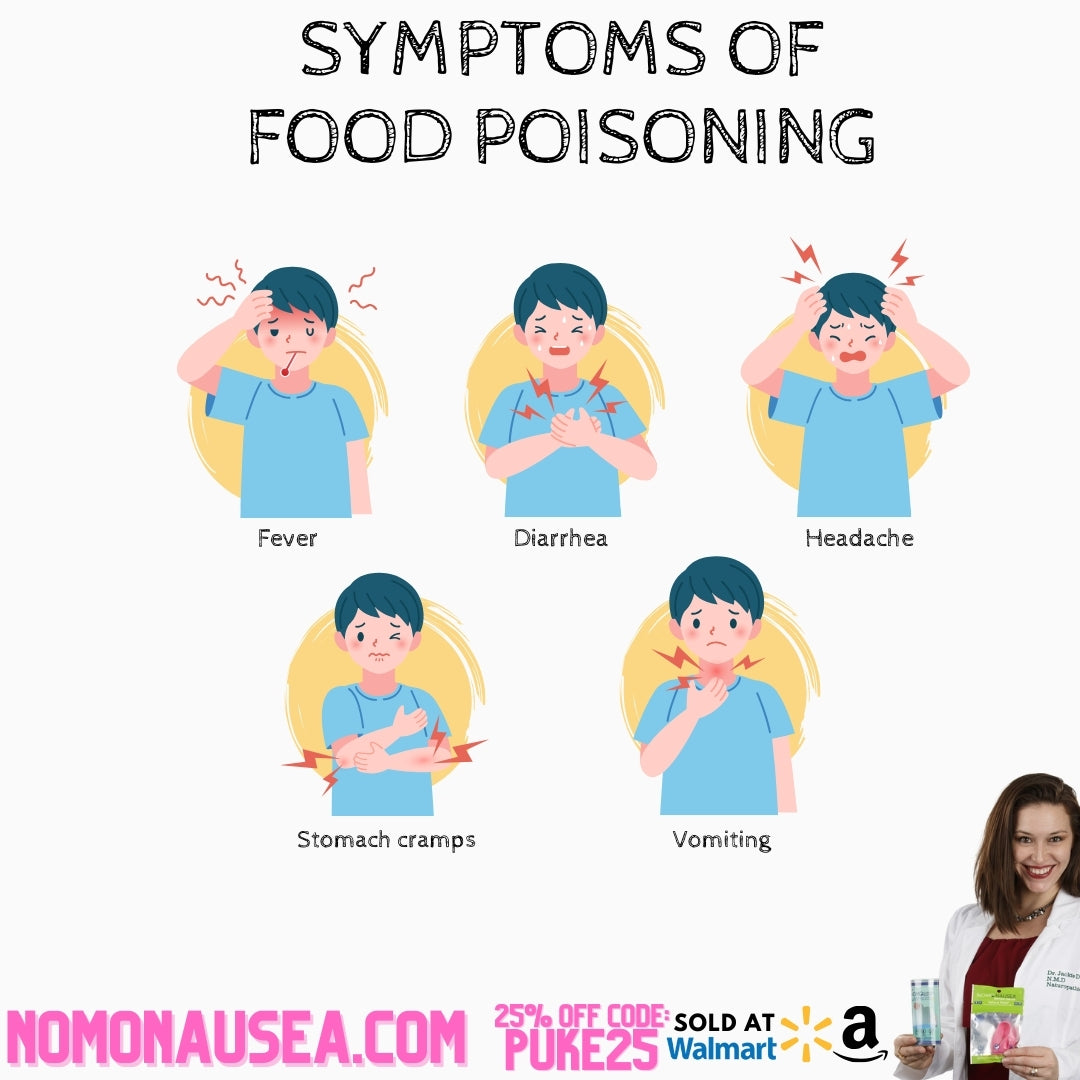
Food poisoning symptoms
Recognizing Food Poisoning Symptoms
How can you identify signs of food poisoning?
- Nausea
- Vomiting
- Diarrhea
- Stomach cramps
- Fever
Experiencing these symptoms could indicate food poisoning from contaminated food or drinks. Recognizing these signs early is crucial to seeking prompt medical attention and preventing further complications.
Handling Suspected Food Poisoning
What steps should you take if you suspect food poisoning symptoms?
If you have severe symptoms like persistent vomiting or a high fever, seek immediate medical assistance. Healthcare professionals can provide the necessary treatment for your recovery.
Tips to Prevent Food Poisoning
How can you minimize the risk of food poisoning?
Implement essential food safety practices such as thorough cooking, proper storage, and good handling habits to reduce contamination. Remember to wash your hands before meal preparation and prevent cross-contamination for safe food consumption.
For detailed information on food poisoning symptoms and prevention, consult healthcare providers or reputable sources like the Centers for Disease Control and Prevention (CDC).
Don't let food poisoning
Recognizing Food Poisoning Symptoms
Spotting the Telltale Signs of Food Poisoning
- Nausea
- Vomiting
- Diarrhea
- Stomach cramps
- Fever
If you start feeling nauseous, experience vomiting, or have stomach cramps after consuming food, it could be a sign of food poisoning. Recognizing these symptoms early on is key to getting the help you need.
Handling Suspected Food Poisoning
Steps to Take if You Suspect Food Poisoning
If you're facing severe symptoms such as persistent vomiting or a high fever, don't hesitate to seek medical attention immediately. Prompt treatment is crucial in combating food poisoning.
Tips for Preventing Food Poisoning
Minimizing the Risk of Food Poisoning
By following essential food safety practices like proper cooking, storage, and handling, you can reduce the chances of food contamination. Always remember to wash your hands before preparing meals and practice caution to ensure safe food consumption.
For more comprehensive information on food poisoning symptoms and prevention, consider consulting healthcare professionals or trusted sources like the Centers for Disease Control and Prevention (CDC).
FAQs about Food Poisoning
Q: How long does it take for food poisoning symptoms to appear?
A: Food poisoning symptoms can manifest within a few hours to several days after consuming contaminated food, depending on the type of bacteria or virus involved.
Q: Can food poisoning be prevented by washing fruits and vegetables?
A: While washing fruits and vegetables can help reduce the risk of contamination, it may not eliminate all pathogens. It's essential to practice overall food safety measures to prevent food poisoning.
Q: Is it safe to eat leftovers after they've been refrigerated?
A: It's generally safe to consume leftovers as long as they have been stored properly in the refrigerator and reheated thoroughly to kill any bacteria. However, it's best to eat leftovers within a few days to minimize the risk of food poisoning.
Buy the Best Motion Sickness Bracelet
NoMo Nausea is a 3 and 1 essential oil infused pressure bracelet that is clinically proven to stop nausea or vomiting in seconds. Imagine a life with a comfortable pregnancy, and enjoyable day at sea, a family fun car trip, or just a hangover free weekend? That's what NoMo Nausea bracelet can do for you. So say no more to your nausea or upset stomach.
You can find NoMo Nausea on https://nomonausea.com and get 25% off with the coupon PUKE25.

Dr. in Naturopathy answers
1. What are the symptoms of food poisoning and how can you prevent it for the best results? 2. How can you tell if you have food poisoning and what steps should you take? 3. Are there specific signs of food poisoning that you should be aware of for your health? 4. When should you seek medical attention for suspected food poisoning symptoms? 5. Why is it important to practice proper food safety habits to avoid food poisoning risks? Summary: Learn more about the common symptoms of food poisoning and how to prevent it by visiting our blog on Food Poisoning Symptoms at https://nomonausea.com/blogs/healthandwellness/food-poisoning-symptoms.
Can NOMO NAUSEA wristbands for pregnancy provide nausea relief for pregnant women? These nausea bands can!
Do you have nausea in pregnancy? Or know someone who has terrible pregnancy sickness, also known as morning sickness? Discover who these nausea wristbands for pregnancy work best for. Seeking nausea relief & pregnant... Women, these acupressure bracelets known as the waterproof and peppermint scented sea bands called NOMO NAUSEA can truly alleviate morning sickness during pregnancy in 30 seconds or less. Invented by a pregnant doctor who suffered with terrible nausea during and after giving birth, hence why this Dr. in Naturopathy continues exploring the causes of pregnancy nausea and the science behind these natural remedies on NoMo Nausea's blog, and then explore similar topics on our website at https://nomonausea.com/blogs/healthandwellness. Buy the Best Anti-Nausea Bands called No More Nausea Bands, motin sickness bracelets for pregnancy, now for only $12 on Amazon at www.amazon.com/nomonausea.

Buy the Best Morning Sickness Bracelet

Doctor in Naturopathy #TikTokDoc Answers in Health & Wellness Blog
1. How can you recognize food poisoning symptoms and when should you seek medical help? 2. What are the steps to handle suspected cases of food poisoning at home? 3. What are some tips for preventing food poisoning in your daily life? 4. How do motion sickness bracelets help with food poisoning symptoms and prevention? 5. Can a motion sickness bracelet really help with food poisoning symptoms? Captivating one sentence summary: Learn how to recognize, handle, and prevent food poisoning symptoms with expert advice and tips on NOMO Nausea's blog, and find out how motion sickness bracelets can be a game-changer for those suffering from food poisoning at https://nomonausea.com/blogs/healthandwellness/food-poisoning-symptoms. Buy now on Amazon www.amazon.com/nomonausea.

